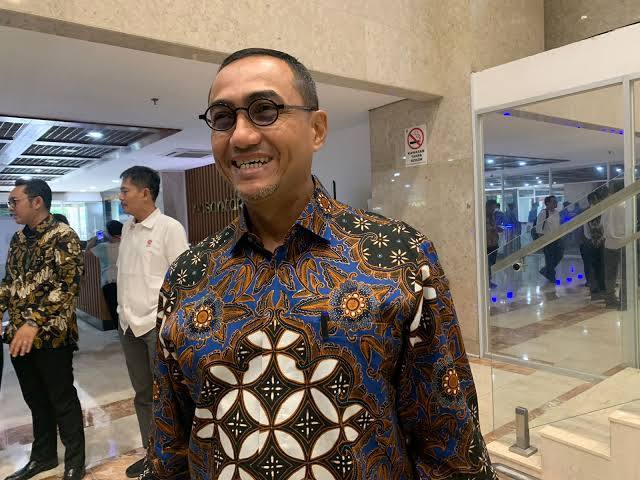Crypto Tax Shake-Up: OJK and Ministry of Finance Eye New Regulations
JAKARTA, RAKYAT NEWS– The Financial Services Authority (OJK) is gearing up to implement new tax regulations for cryptocurrency transactions, signaling a shift in the oversight of digital assets in Indonesia.
According to Hasan Fawzi, Chief Executive for the Supervision of Financial Sector Technology Innovation, Digital Financial Assets, and Cryptocurrency at OJK, this initiative is part of a broader plan to transfer the regulatory authority for crypto assets from the Commodity Futures Trading Regulatory Agency (Bappebti) to the OJK, with the transition expected to be completed by early 2025.
“We at OJK are working closely with the Ministry of Finance to ensure the smooth implementation of this new crypto tax framework,” Fawzi stated in Jakarta on Thursday.
With the transition of oversight to the OJK, cryptocurrency assets are expected to be reclassified as digital financial assets, moving away from their current classification as commodities. This reclassification is anticipated to bring about changes in the tax structure for crypto transactions.
Currently, under Ministry of Finance Regulation No. 68 of 2022, cryptocurrency transactions conducted on Bappebti-registered platforms are subject to a value-added tax (VAT) of 0.11% of the transaction value. If the transaction takes place on an unregistered platform, the VAT rate increases to 0.22%.
In addition to VAT, cryptocurrency transactions are also subject to income tax (PPh), with rates set at 0.1% for registered platforms and 0.2% for unregistered ones.
Given the existing tax burden, Tirta Karma Senjaya, Head of the Bureau for the Development and Regulation of Commodity Futures Trading at Bappebti, has proposed a reduction in tax rates by half, to alleviate pressure on the industry.
Oscar Darmawan, CEO of INDODAX, one of Indonesia’s leading cryptocurrency exchanges, welcomed OJK’s initiative to establish more comprehensive regulations that align with the evolving dynamics of the digital asset industry. While optimistic that these new regulations could bolster the domestic crypto market, Darmawan also emphasized the importance of balance in policy implementation.
“Overly stringent or burdensome regulations could stifle innovation and hinder the growth of the industry,” he remarked.
Darmawan further underscored the need for open dialogue between the government and other stakeholders, particularly market participants, to ensure that the new policies foster a healthy and sustainable ecosystem.
“We hope that the new regulations will not only focus on taxation but also recognize the potential of the crypto industry as a driver of Indonesia’s digital economy,” he added.
He also expressed INDODAX’s readiness to continue collaborating with regulators to ensure that the policies in place support both the growth of the crypto industry and the protection of investors’ interests.
“We believe that with the right regulatory framework, Indonesia has a great opportunity to become a major player in the global digital economy,” Darmawan said optimistically.
The Ministry of Finance reported that as of June 2024, the cryptocurrency industry had contributed IDR 798 billion to the total tax revenue from the digital economy sector, which reached IDR 25.88 trillion. (Uki Ruknuddin)



























Tinggalkan Balasan